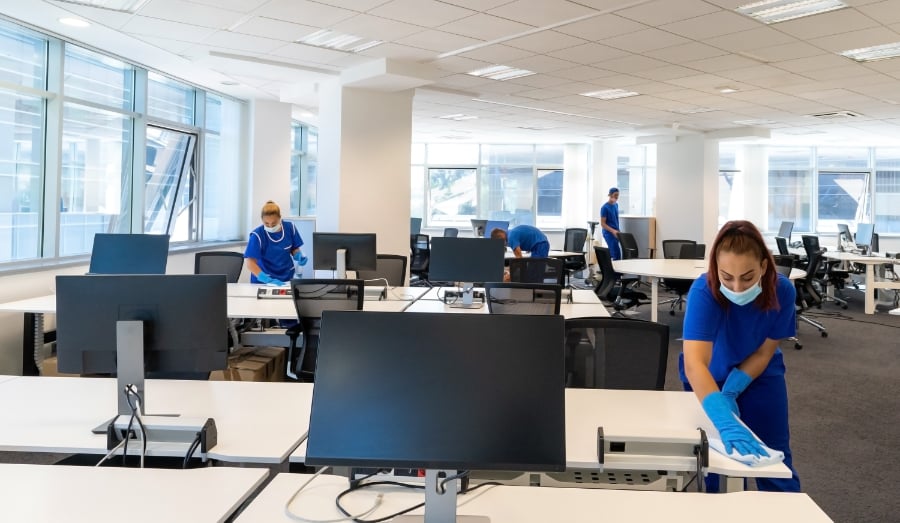A poor lease agreement is a big drain on a company’s finance. It is surprising how many businesses go into a negotiation without identifying what are the essential points to consider. In this article, we will identify five commercial lease negotiation points.
1. Payment of Legal Costs
One major cause of confusion is identifying who is liable for the landlord’s legal fees. The answer depends on your lease terms. In most cases, each party will be responsible for their legal costs. However, some landlords may try and get you to pay their legal costs. Hence, it is important to ensure the clauses and the wording indicates that each party pays its legal fees, or the amount payable by the corporate tenant is capped.
2. COVID-friendly Lease Terms
It is important to consider the clauses that protect your business now and in the future when negotiating your lease. Here are a few clauses to consider:
- Break clauses – These may enable you to terminate your lease early. It can also give you the ability to assign or sublease your space.
- Lease flexibility – This allows you the option to take more office space or give up some.
- Force Majeure – With the recent pandemic, you want to ensure words like “epidemic,” “pandemic”, or “disease” are included within a “force majeure” clause to ensure you’re covered in the case of a future pandemic.
3. Green Building Initiatives
These days, many landlords transfer the costs for Green Building initiatives or improvements to the tenants. Even though most tenants will like the idea of an energy-efficient and environmentally friendly building, ambiguous clauses can open tenants up to unexpected costs.

Therefore, it is important to negotiate with the landlord concerning what these works could be and how these costs are passed on to you, the tenant. Also, ensure the amount passed to you is capped.
4. Market Review Notice Dispute
Another negotiation point to consider is whether you can dispute a new rental amount. Here’s how it works:
- Based on an assessment of the market, the landlord provides a new rent notice.
- The corporate tenant is then given some time (usually a few weeks) to agree with, or dispute, the new rental amount.
- The new rental amount holds if the tenant agrees (OR if the tenant hasn’t responded by the due date) to the proposed figure.
- If the tenant contests, then the tenant and the landlord must negotiate until they can agree on fair market rent.
- Once all parties agree to the amount, it is deemed to be the current market rent.
The issue with this is the timing. Usually, a few weeks may not be sufficient for the tenant to conduct research and react quickly. And, if the response is too late, the new rent is deemed to be accepted.
5. Cleaning Charges Before Occupation
When negotiating, you may want to consider other costs, such as cleaning. These are additional costs to the rent and can be significant, particularly if the clause is ambiguous.

As a corporate tenant, it is important to clearly understand your responsibilities and be as specific as possible with the clauses that cover additional costs.
Download our free Guide on How to Win Your Lease Negotiations in 10 Easy Steps!








